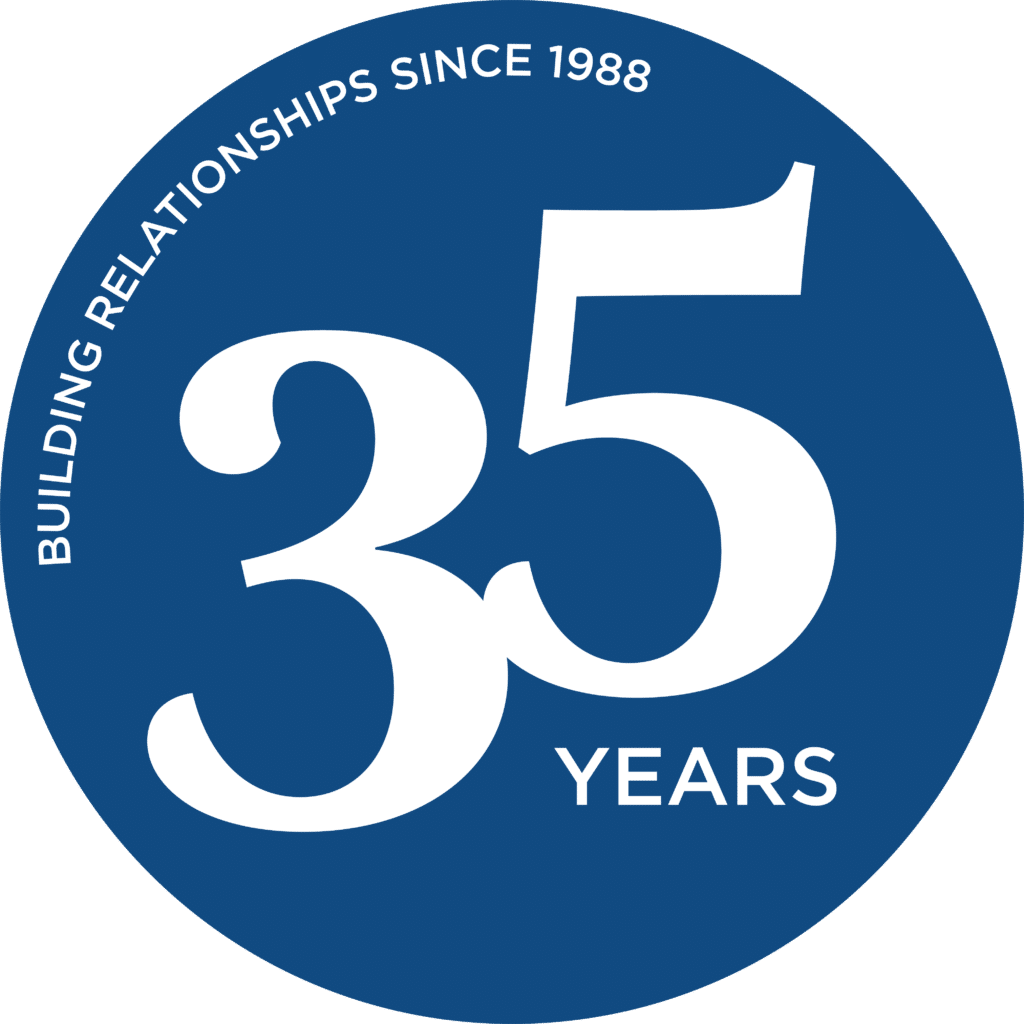When assessing candidates, hiring managers can learn more critical information from references than from a resume or the primary interview. However, learning the most helpful information from references requires tact, preparation, and context. Candidates who do not provide the appropriate references risk losing out on potential opportunities. It’s also essential that a search firm or a hiring organization act with confidentiality. Another critical element is the importance of knowing the context and the source.
- When to ask for references? This depends on the role and the confidential status of the candidate. In higher education, references are often checked before an interview, particularly for academic positions. However, asking for references from a CFO candidate who is gainfully employed before even interviewing would be inappropriate since it might alert their current employer and remove their confidentiality. We sometimes conduct “back-channel references” through our networks as a search firm. This has risks since it might alert others that a great candidate is on the market, or it can violate candidate confidentiality unless you are certain your sources are trustworthy. One of the values of working with a search firm is their ability to conduct proper due diligence. When dealing with a candidate who confidentially explores new opportunities from their current employer, we typically ask candidates for references when an offer has been presented. All offers are contingent on a successful reference and background check process.
- What references should candidates provide? We typically recommend a 360 approach for all leadership roles to ensure we have data points from a former boss, peers, or subordinates. Depending on the seniority of the position, a good starting point is recommending candidates provide 3-5 references. One of the most critical parts of analyzing references lies not in the list supplied by the candidate but who was not offered. If a former boss is glaringly missing, there may be a reason for concern. It is essential to ask the candidate why they didn’t provide people just as much as why they offered others.
- What questions do we ask? While this depends on the role and the management responsibilities, we tend to recommend open-ended questions that elicit a free-flowing response. Some examples we provide:
- What did you learn from this executive?
- How does this person perform in hiring talent?
- How do they motivate their team?
- How do they mentor and help promote employees?
- How do they react under pressure or with deadlines?
- What has this person done concerning self-improvement?
- What are their most significant accomplishments?
- Were there any consistent themes in terms of strengths?
- What words would you use to define them as a leader?
- Would you hire or work with them again?
We work closely with clients to create a specific list of questions for the references tailored to the role. Again, preparation and research are critical.
- If all references always come back great, why do we check them? People will be hesitant to provide a reference that they are unsure will give positive feedback. In our experience, about 90% of all references come back positive (10% are concerning, which is why we check them)! The key to cutting through all the glowing recommendations lies in a unique ability to ask open-ended questions and ask for the reference to provide an example. Typically, references confirm data and accomplishments on the resume and how the candidate performed in interviews. The references can provide reinforcing, consistent themes to be cognizant of, areas of improvement, ways to manage the candidate’s onboarding better, and how best to manage the new leader. If used correctly, references can help get the new hire up to speed faster.
While resumes and interviews provide essential glimpses into a candidate’s qualifications and demeanor, the true depth of their potential lies within their references. From a candidate’s perspective, the provision of suitable references is not just a formality but a strategic imperative, serving as a testament to their credibility and readiness for the role. Search firms or hiring organizations, must be well prepared to vet references and understand the context of the discussion. In addition, exercising this process with discretion and confidentiality is paramount when ensuring the integrity of the hiring process and the interest of both parties. Ultimately, references stand as an added pillar of truth and insight to benefit you during the evaluation process and to help influence your efforts toward retaining suitable talent.



